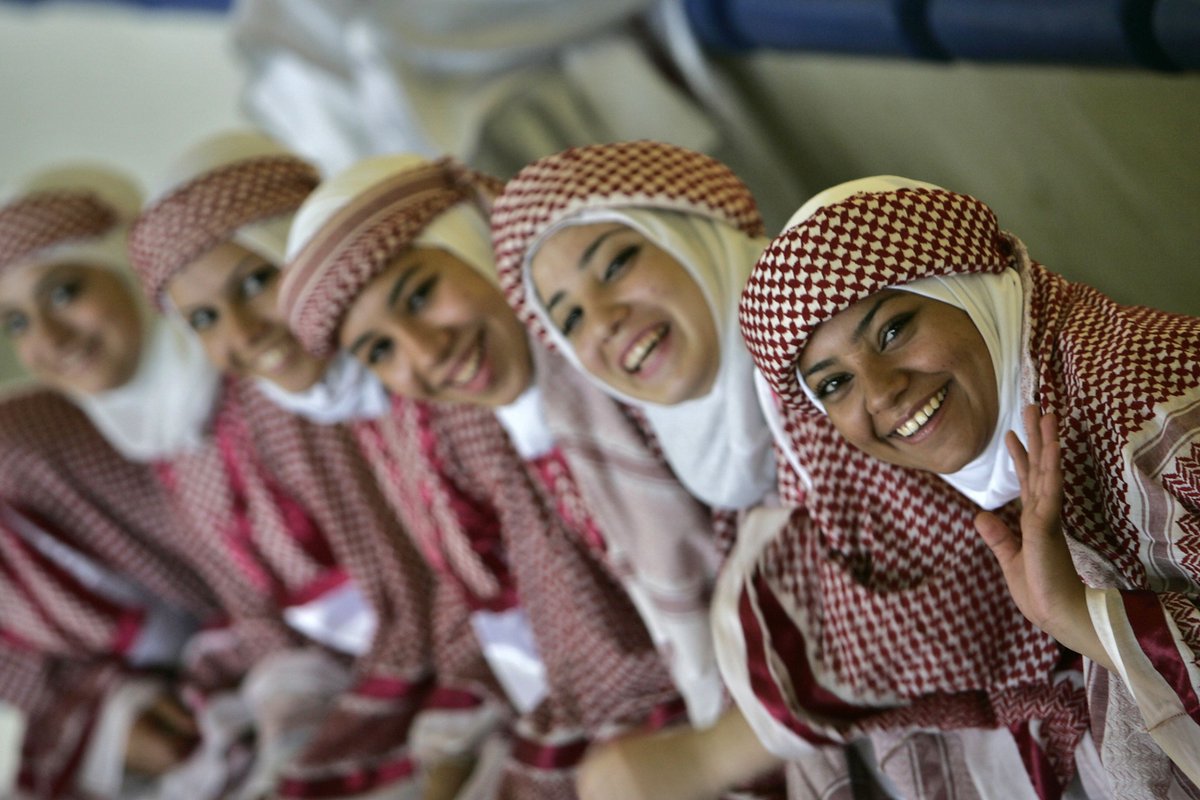
Young people across the Arab world are taking up the climate action mantle
Climate change is one of the greatest threats facing humanity. The IPCC’s recent report on global warming shows how no country is immune to the effects of climate change, including the Arab world. The region’s geological and ecological particularity puts it at a high risk of water scarcity, food insecurity, drought, heat waves, disease and many other significant issues. These problems are already being witnessed. Moreover, there is a huge lack of awareness about this issue, especially among the young people who might be able to speak up for regional and global climate action. Young people, as inheritors of this planet, are crucial stakeholders in humanity’s response to the climate crisis. Climate change cannot be dealt without a high level of youth participation in the Middle East and North Africa (MENA) region or anywhere else.
This need for awareness comes with the realization that the Arab world is already facing enormous problems as a result of climate change. According to research by MIT, “within this century, parts of the Persian Gulf region could be hit with unprecedented events of deadly heat as a result of climate change, according to a study of high-resolution climate models”. The research contains details of a business-as-usual scenario for greenhouse gas emissions, but also shows that curbing emissions could forestall these “deadly temperature extremes”.
Some believe it is already too late. Others, meanwhile, believe we can act to limit further damage to our environment. Yet this whole issue of climate crisis seems to be overwhelming, and governments are skeptical and slow to act. Long-running social issues and conflicts in the Middle East have pushed climate change down the agenda of both public opinion and news outlets in most Arab countries. Moreover, many Arab countries share a semi-authoritarian media system, which seems to aggravate this tendency. In order to avoid crossing editorial red lines, climate change reporting is mostly copied from international news agencies. Local reporting is sparse, as it may easily touch on sensitive issues concerning inadequate governance. Consequently, climate change has traditionally been covered as foreign news with a focus on international climate change negotiations — and with, therefore, limited relevance for a regional readership.
However, new information technology and an increasing focus on raising awareness of climate change points toward alternative channels of climate change communication in MENA countries. Moreover, young people – who constitute the largest section of the Arab world’s population – are becoming involved in the issue through various means. One way to equip young people to deal with environmental concerns is through more effective environmental education. Through environmental awareness, younger generations will get a chance to contribute positively to a peaceful and sustainable future, while also building their own skills and experience. They can actively participate in advocacy, national adaptation and mitigation actions, along with international negotiations like the United Nations Climate Change Conference to understand what is at stake and how global agreements are made. Such strong environmental awareness and capacity building will further unite young people, enabling them to negotiate with a single voice at the global level.
Written by Neeshad Shafi, Executive Director, Arab Youth Climate Movement Qatar
Image: REUTERS/Muhammad Hamed
Publication date: 2019
You can always give Free Donations daily through our unique Click-to-Help platform without cash, credit card or registration!




Copyright © 2024 The Olive Tree SAL, all rights reserved. Terms of Use | Privacy Policy